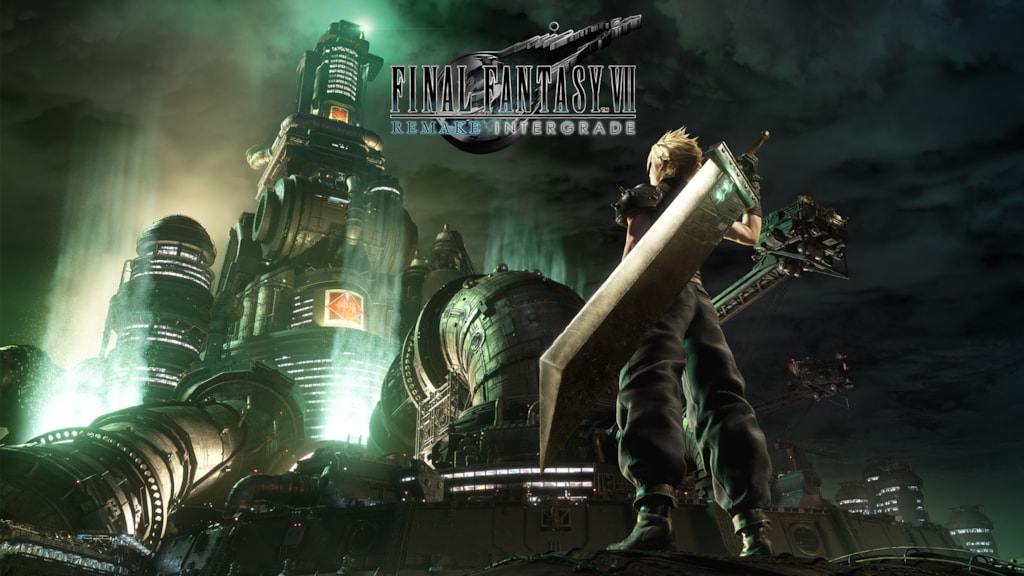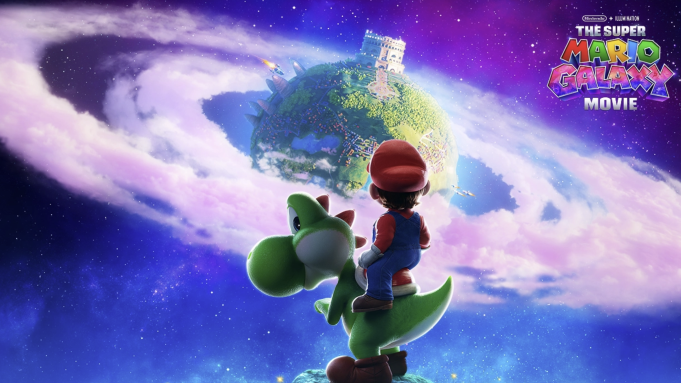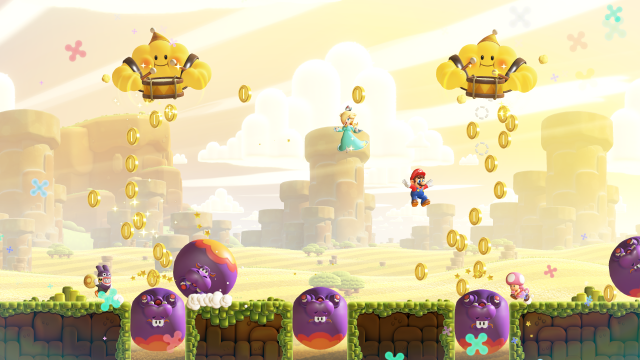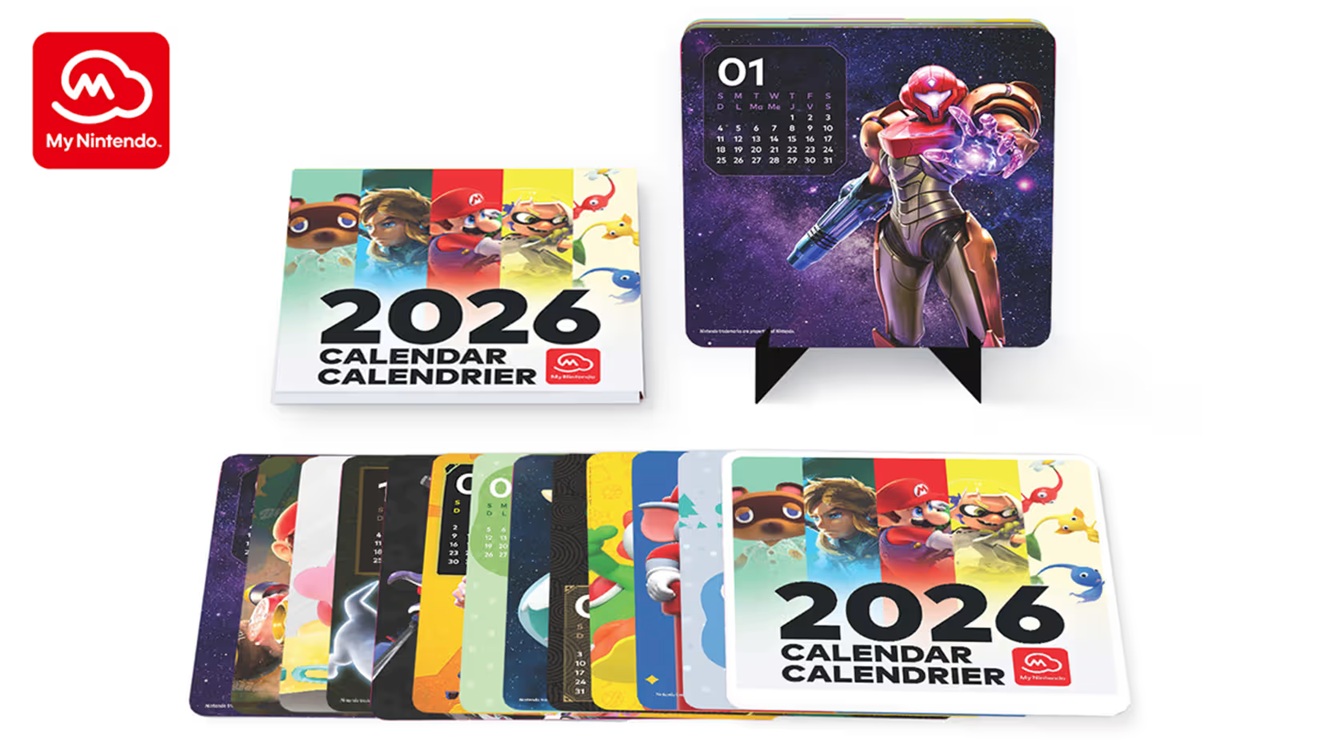When The Super Mario Bros.
Movie hit theaters in 2023, longtime Nintendo fans were delighted to hear the unmistakable strains of the iconic "DK Rap"—a track that has become a cult favorite since its debut in 1999's Donkey Kong 64 on the Nintendo 64.
The rap, composed, written, and performed by Grant Kirkhope during his tenure at Rare, was initially conceived as a humorous introduction to Donkey Kong’s first foray into 3D platforming.
Despite the DK Rap’s lasting presence in pop culture, its use in The Super Mario Bros.
Movie sparked renewed discussion around the longstanding issue of composer recognition in video game adaptations. The topic of crediting original composers came to a head following the film's release, when fans and industry observers noticed that while licensed tracks such as A-Ha’s "Take On Me" and AC/DC’s "Thunderstruck" were clearly attributed, the DK Rap was credited only to Nintendo.
Grant Kirkhope, whose role in creating the song is well documented, was notably absent from the film’s credits. In a conversation with Eurogamer, Kirkhope detailed the rationale Nintendo provided after he requested clarification.
According to Kirkhope, Nintendo explained that their policy is not to credit the composers of any music "quoted from games that we owned," with the exception of Koji Kondo, the prominent composer behind many of Nintendo’s first-party franchises.
The company’s stance extended even to vocal tracks like DK Rap, noting that “if we also own it, we won’t credit the composers.” This decision ultimately meant Kirkhope’s name was omitted from the credits—despite the movie using a direct audio feed from the original Nintendo 64 game, featuring his own vocals and guitar, along with contributions from additional Rare staff. Kirkhope recalled addressing the issue with Nintendo directly after seeing the film with his family.
He relayed that by the time the end credits rolled, the theater was almost empty except for him and his family, eagerly anticipating his name.
Expressing his disappointment, Kirkhope conveyed to Nintendo that a few lines of text was all it would have taken to recognize his contribution, but company policy prevailed. This is not an isolated occurrence; Nintendo’s approach to composer and developer credits in adaptations and remasters has drawn criticism before.
Even in recent releases and remastered titles on Nintendo Switch and through the Nintendo eShop, original teams are not always acknowledged.
While speculation abounds among fans about Nintendo’s internal policies or past opinions on specific titles such as Donkey Kong 64, Kirkhope himself refrained from asserting reasons, acknowledging only rumors he had heard during his time at Rare. As Nintendo continues to leverage its storied history in new media, the situation around the DK Rap in The Super Mario Bros.
Movie highlights an ongoing debate about proper recognition for the composers and creators whose work underpins the company’s cultural legacy.
Movie hit theaters in 2023, longtime Nintendo fans were delighted to hear the unmistakable strains of the iconic "DK Rap"—a track that has become a cult favorite since its debut in 1999's Donkey Kong 64 on the Nintendo 64.
The rap, composed, written, and performed by Grant Kirkhope during his tenure at Rare, was initially conceived as a humorous introduction to Donkey Kong’s first foray into 3D platforming.
Despite the DK Rap’s lasting presence in pop culture, its use in The Super Mario Bros.
Movie sparked renewed discussion around the longstanding issue of composer recognition in video game adaptations. The topic of crediting original composers came to a head following the film's release, when fans and industry observers noticed that while licensed tracks such as A-Ha’s "Take On Me" and AC/DC’s "Thunderstruck" were clearly attributed, the DK Rap was credited only to Nintendo.
Grant Kirkhope, whose role in creating the song is well documented, was notably absent from the film’s credits. In a conversation with Eurogamer, Kirkhope detailed the rationale Nintendo provided after he requested clarification.
According to Kirkhope, Nintendo explained that their policy is not to credit the composers of any music "quoted from games that we owned," with the exception of Koji Kondo, the prominent composer behind many of Nintendo’s first-party franchises.
The company’s stance extended even to vocal tracks like DK Rap, noting that “if we also own it, we won’t credit the composers.” This decision ultimately meant Kirkhope’s name was omitted from the credits—despite the movie using a direct audio feed from the original Nintendo 64 game, featuring his own vocals and guitar, along with contributions from additional Rare staff. Kirkhope recalled addressing the issue with Nintendo directly after seeing the film with his family.
He relayed that by the time the end credits rolled, the theater was almost empty except for him and his family, eagerly anticipating his name.
Expressing his disappointment, Kirkhope conveyed to Nintendo that a few lines of text was all it would have taken to recognize his contribution, but company policy prevailed. This is not an isolated occurrence; Nintendo’s approach to composer and developer credits in adaptations and remasters has drawn criticism before.
Even in recent releases and remastered titles on Nintendo Switch and through the Nintendo eShop, original teams are not always acknowledged.
While speculation abounds among fans about Nintendo’s internal policies or past opinions on specific titles such as Donkey Kong 64, Kirkhope himself refrained from asserting reasons, acknowledging only rumors he had heard during his time at Rare. As Nintendo continues to leverage its storied history in new media, the situation around the DK Rap in The Super Mario Bros.
Movie highlights an ongoing debate about proper recognition for the composers and creators whose work underpins the company’s cultural legacy.






